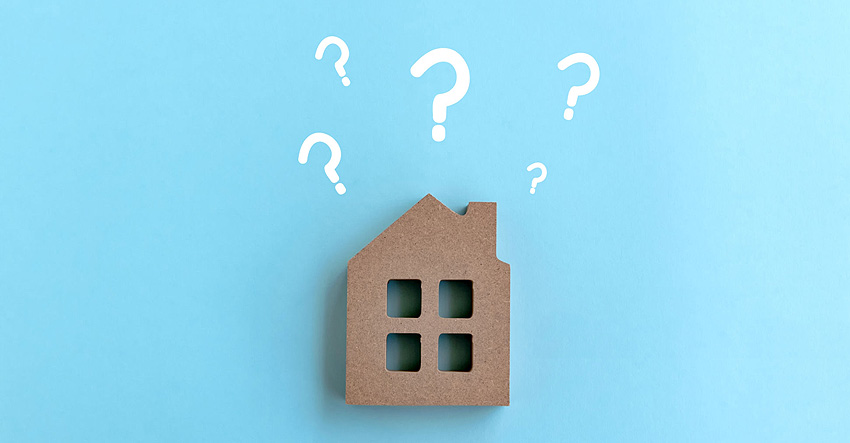Tips when taking out your first mortgage
20/04/2021
You’ve decided to buy your first house and thus need to apply for a mortgage loan. You ask friends and family who already have a mortgage but, given the paperwork, the terms you don’t fully understand and the giddying prospect of being about to make one of the most important financial decisions of your life, you don’t know which way to turn…To help you, we set out clearly below some aspects of relevance to your first mortgage:
- Do the maths and be realistic about how much debt you can take on. The bank is not going to lend you the money if there is no reasonable certainty that you will be able to return it, which is why it will analyse your solvency: it will ask for proof of your current level of earnings, and the type of contract, years of service in the company and even your career path are factors it will consider before making you an offer. Another factor is whether you are paying off some other debt (e.g. the financing for the car you bought). This is because, generally, banks consider that the rate of indebtedness should not exceed 30-35% of a person’s income. The bank will consult your risk track record (CCR report) to check on which debts you are currently carrying (credit, cards, etc.).
- If you have some savings, the bank will view this favourably since, in addition to showing that you know how to manage your affairs, they will be more than necessary to you since banks do not usually grant more than 80% of the appraised value of the house. Moreover, there are also further expenses relating to the operation that you must face.
It is worth filtering the banks you are going to ask for information from: their websites will set out the conditions of the various products they offer, along with simulators that may be very useful to you. There are also compare tools that may make matters even easier for you. The Banco de España has simulators and compare toolsAbre en ventana nueva to help you.
- The big question: fixed or variable rate? There is no clear, objective reply suited to everybody. We are currently experiencing a long period of low interest rates which might continue, but nobody can say until when, and you must bear in mind that the mortgage will last for many years. Before taking a decision, assess your personal situation, your current income and your economic prospects. Moreover, your risk-tolerance will also play a weighty part in your decision.
- Usually, the bank will make you an offer that includes an interest rate rebate based on commitment to the bank in the form of other products or services you may take out: direct-crediting/debiting of salary/bills, insurance policies and contributions to pension schemes, for example. It will carefully analyse what interests you, its cost and whether you will really maintain this commitment in the future. If you know what your instalment payment will be without counting on rebates, you will be able to take your decision more prudently.
- The APR is key when it comes to comparing the price of your mortgage, and it should include interest, fees and commissions, loan expenses and the cost of other products the bank may demand you take out, such as holding a current account or insurance. These are essential data and should feature in the pre-contractual information that your bank is obliged to provide and which you should study when comparing the different offers.
Staff at banks should advise you so that you may take an informed and responsible decision.



